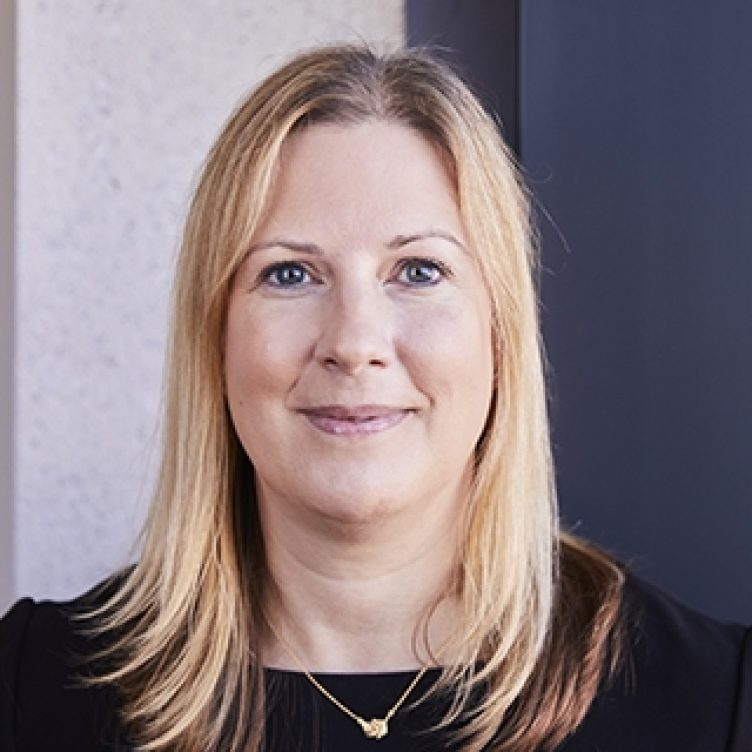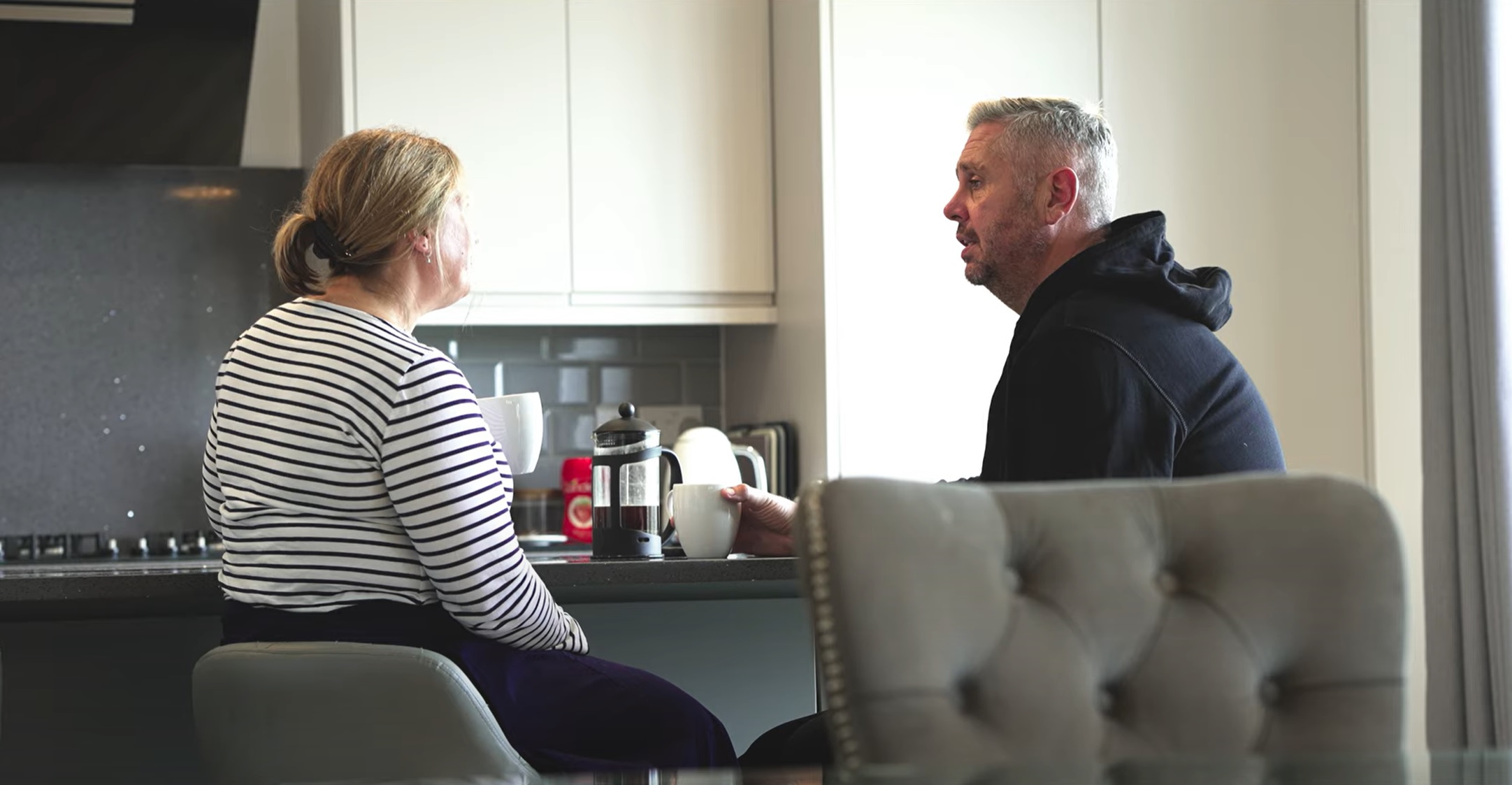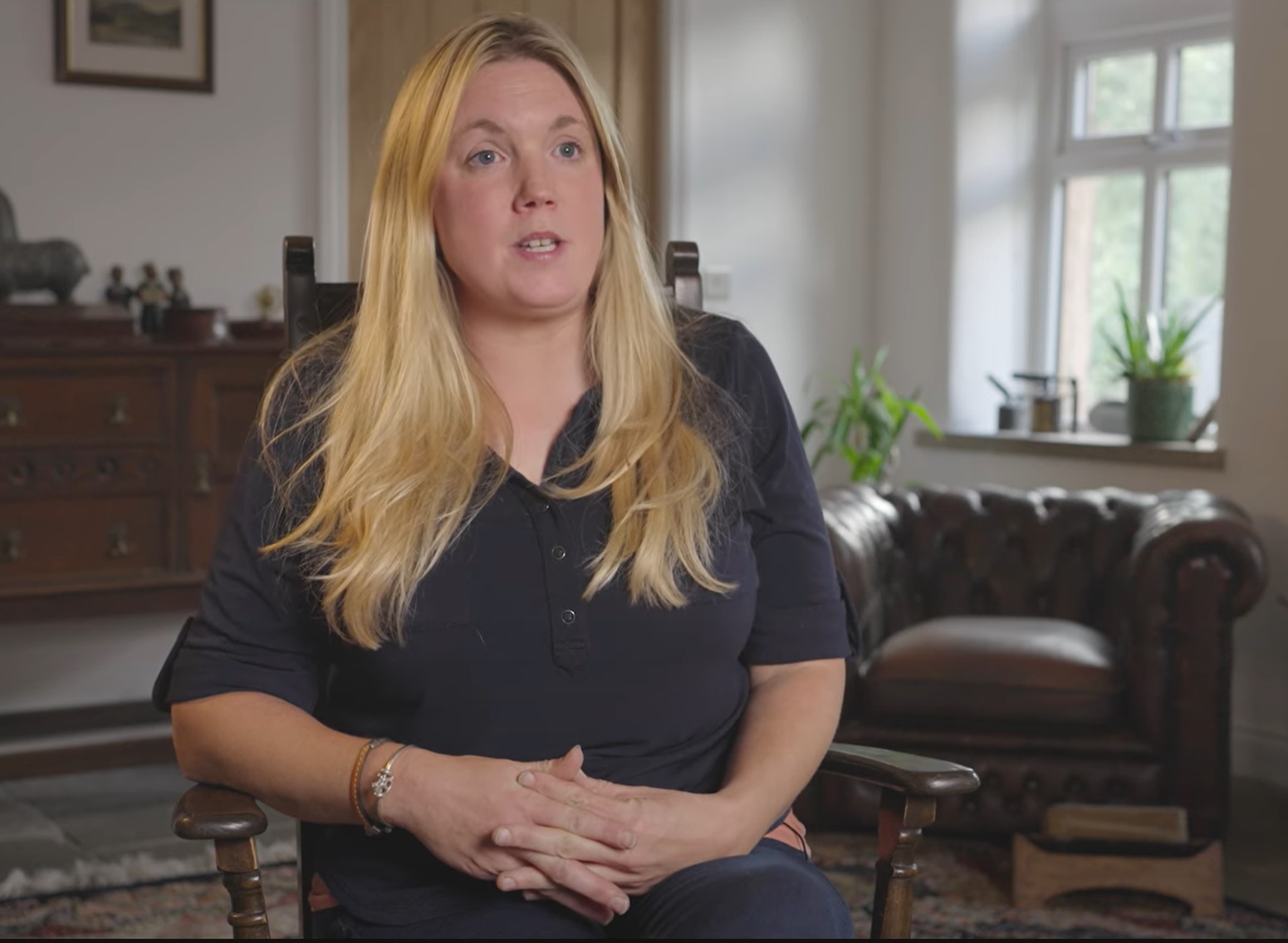Stewarts represented Stefan in a professional negligence claim against the legal team he instructed in his personal injury claim. His former solicitors were the first defendant, and the barrister they instructed was the second defendant. Stefan’s personal injury claim was under-settled and he instructed Stewarts to seek appropriate compensation.
Partner Nichola Fosler led on Stefan’s case for Stewarts and reviews the process of the professional negligence claim here.
Stefan’s initial personal injury claim
Stefan was injured in a road traffic collision on 1 December 2014. During his personal injury claim, the first defendant instructed medicolegal experts in the disciplines of neurology, psychiatry and neuropsychiatry. There was a difference of opinion about whether Stefan had sustained a traumatic brain injury. However, it was suggested by the neuropsychiatry expert that Stefan undergo a detailed neurocognitive assessment to assess and quantify the nature and severity of ongoing neurocognitive difficulties. As it happens, no further medical evidence was obtained, and no neurocognitive testing was carried out.
Indeed, no witness statements were taken from Stefan or members of his family, who had provided a considerable level of care to him since his injury and who would have been able to highlight the ongoing difficulties Stefan was experiencing in his day-to-day life.
In May 2016, the defendant in the personal injury claim made a settlement offer. The first defendant instructed a barrister (the second defendant) to advise whether the offer should be accepted or not). Until this point, there had been no advice on what the claim was worth,. Stefan was asked to attend a conference in June 2016, during which he was advised to accept the settlement offer.
Review after settlement and filing the professional negligence claim
It was only after settling his personal injury claim that Stefan underwent neuropsychological testing because his employer noted ongoing cognitive problems at work, including fatigue and lack of concentration. In December 2016, Stefan’s employer considered him to be living with a disability and he was signed off as sick in early 2017. Stefan was then effectively managed out of his role and eventually took ill-health retirement from his full-time role in January 2018.
Having been approached by Stefan in relation to his professional negligence claim, Stewarts initially sent a letter of claim to his former solicitors. In their letter of response, they indicated that they intended to base their defence partly on the fact that they had relied on the barrister’s advice given in the conference in June 2016. On that basis, the claim was brought against both the solicitors and the barrister.
Stewarts issued court proceedings against the defendants in June 2022 as separate claims but, in November 2022, the two claims were consolidated. The claim was listed for trial in November 2024.
Stewarts instructed a neuropsychology expert to assess Stefan based on the evidence that should have been available at the end of 2016, ie at the time the case was settled. The expert concluded that Stefan had sustained a symptomatic mild traumatic brain injury and confirmed that their opinion would have been the same if they had been instructed in 2016. This was the type of report the neuropsychiatrist had recommended in the original personal injury matter. The neuropsychologist also commented on Stefan’s capacity for employment, noting that it was compromised in 2016 and that, over time, his neurocognitive symptoms would have led to him being unable to sustain full-time employment.
In addition, expert opinion was obtained from a care expert and a pensions expert in the professional negligence claim. These disciplines should have been instructed in the original personal injury claim.
Therefore, the defendants had settled Stefan’s personal claim before gathering adequate medical evidence to advise fully on the claim value and settlement offer. Not only that, Stefan was given the impression that the settlement offer was the last stage before trial and, by accepting the offer, he would avoid trial.
Little evidence was provided to Stefan at the June 2016 conference. He was given no advice in writing, was shown no Schedule of Loss, and it was not explained to him how his claim was valued in relation to each head of loss.
Offers made within the professional negligence claim
The parties had a lengthy mediation in June 2023 which failed to result in a resolution of the professional negligence claim or even provoke any offer from the defendants. However, after the mediation, several offers were made by the defendants, with a final offer being accepted in August 2024.
In considering offers made in this professional negligence claim, the applicable test was not what Stefan would have obtained at trial, but what settlement figure he would have been advised to settle at in his personal injury claim had he received proper advice.
Capacity issue
The issue of whether Stefan had the capacity to litigate was raised by the neuropsychologist expert in the professional negligence claim. However, medicolegal reports from both the neurologist and neuropsychiatrist in the professional negligence claim suggested Stefan retained mental capacity to litigate.
A further capacity assessment was therefore sought prior to settling the claim, which confirmed that Stefan retained mental capacity.
In the professional negligence claim, the defendants’ legal team sought a ‘Coles v Perfect hearing’ (see below) on the basis that there remained some uncertainty about Stefan’s capacity to approve a settlement.
Part 21 of the Civil Procedure Rules (CPR) provides that a person who lacks litigation capacity is a ‘protected party’ and a ‘litigation friend’ must be appointed to conduct the litigation on their behalf. A Coles v Perfect hearing is a procedural hearing to obtain the court’s approval of a settlement agreement where a claimant potentially lacks capacity but is not a protected party.
A remote hearing was heard in November 2024, and the Master approved the court order whereby the final settlement for the professional negligence claim was agreed. If it later transpires that Stefan lacked capacity (thereby becoming a protected party), the settlement will still be valid as it has been endorsed by the court.
Conclusion and takeaways
Stefan was referred to his original solicitor by his legal expense insurer. Clients have the freedom to choose their own solicitor and it would have been open to Stefan to change solicitor before his claim settled. Had that happened, the new solicitor may have identified that significant expert evidence was missing and advised Stefan to obtain that evidence before settling his claim. This may have resulted in a speedier and better outcome than having to pursue a professional negligence claim.
This was a complex and difficult case as it required careful consideration of what the personal injury claim should have been valued at had the appropriate medical assessments taken place and the claim properly valued by the legal team in 2016.
In any personal injury case, it is crucial that the proper steps are taken to ensure a complete and accurate valuation of a claim is undertaken. This comes from obtaining appropriate medical evidence and giving the claim enough time to assess the overall quantum accurately.
Testimonial
Stefan said: “Thank you so much for supporting me through this journey – an unknown and scary time for us all as a family. However, you made this easier by your patience with us. You went out of your way to reply out of hours, respected me and helped me understand the stages of this process.
“I am extremely grateful for your expertise and for getting this claim to the end. I would also like to pass on my gratitude to Colm Nugent (counsel representing Stefan in the professional negligence claim).”
Do you have concerns about a personal injury claim?
In any personal injury case, it is crucial the proper steps are taken to ensure that a complete and accurate valuation of a claim is undertaken.
If you or someone you know has experienced a similar situation, don’t hesitate to get in touch – whether your claim is ongoing, or if you have concerns about a settled claim. Contact us today to discuss your options.
You can find further information regarding our expertise, experience and team on our Personal Injury and page.
If you require assistance from our team, please contact us.
Subscribe – In order to receive our news straight to your inbox, subscribe here. Our newsletters are sent no more than once a month.






